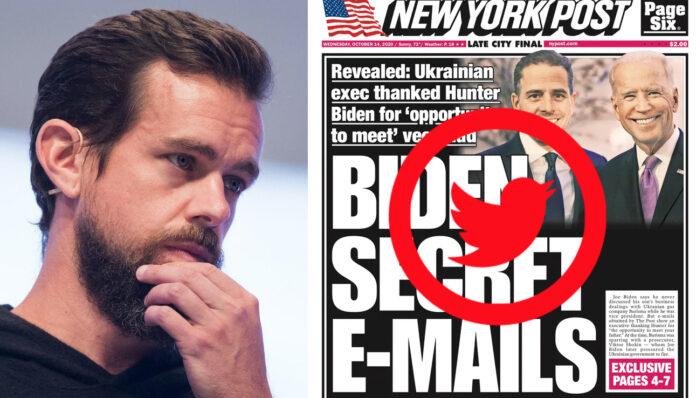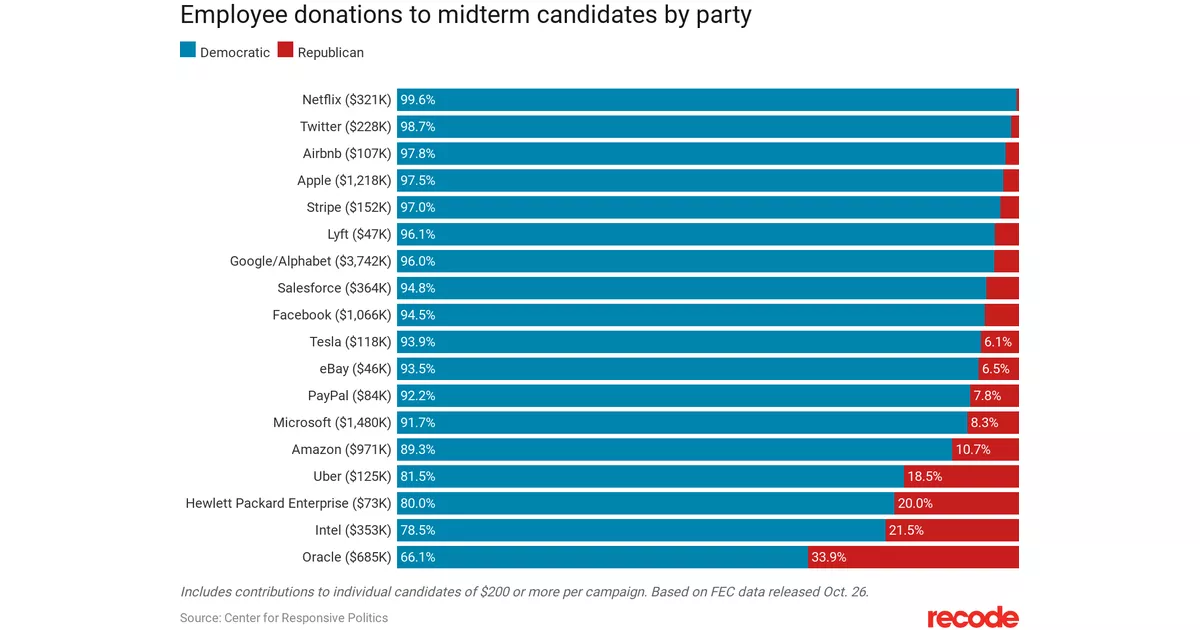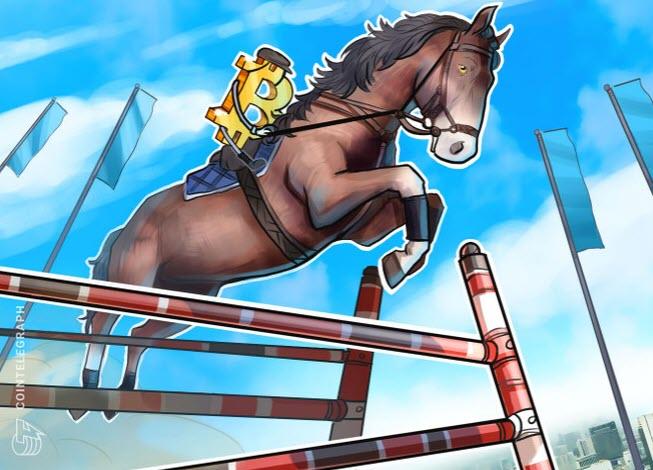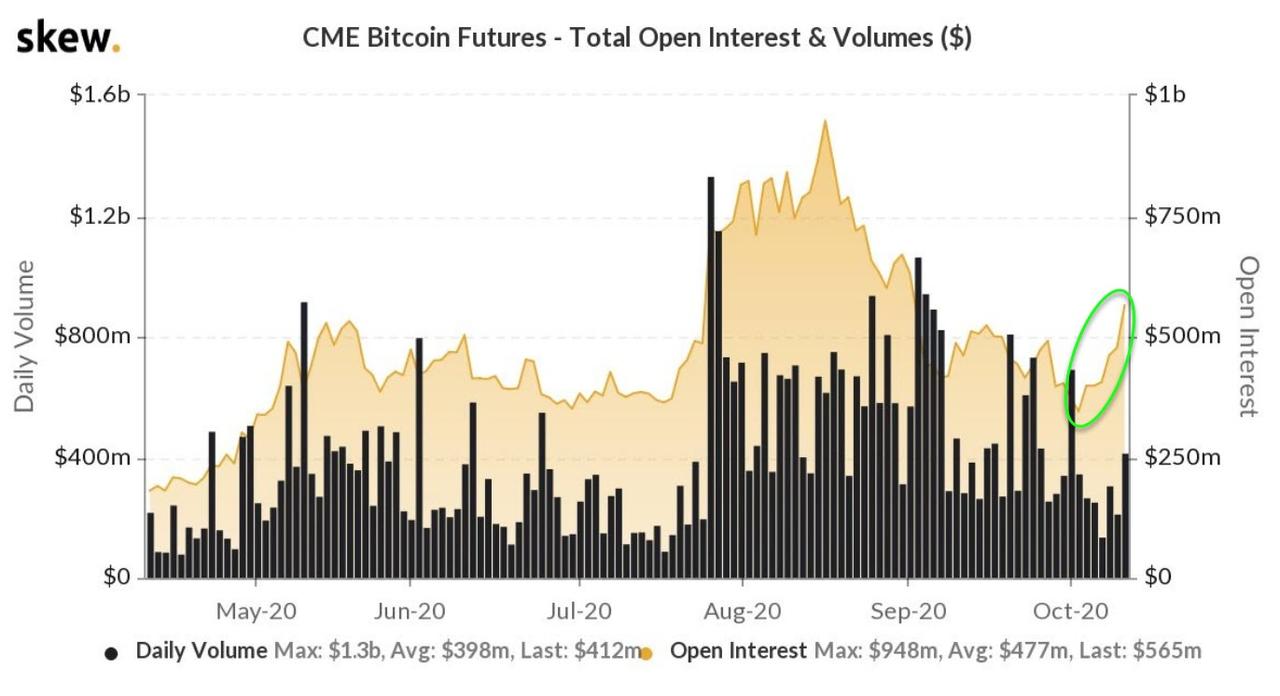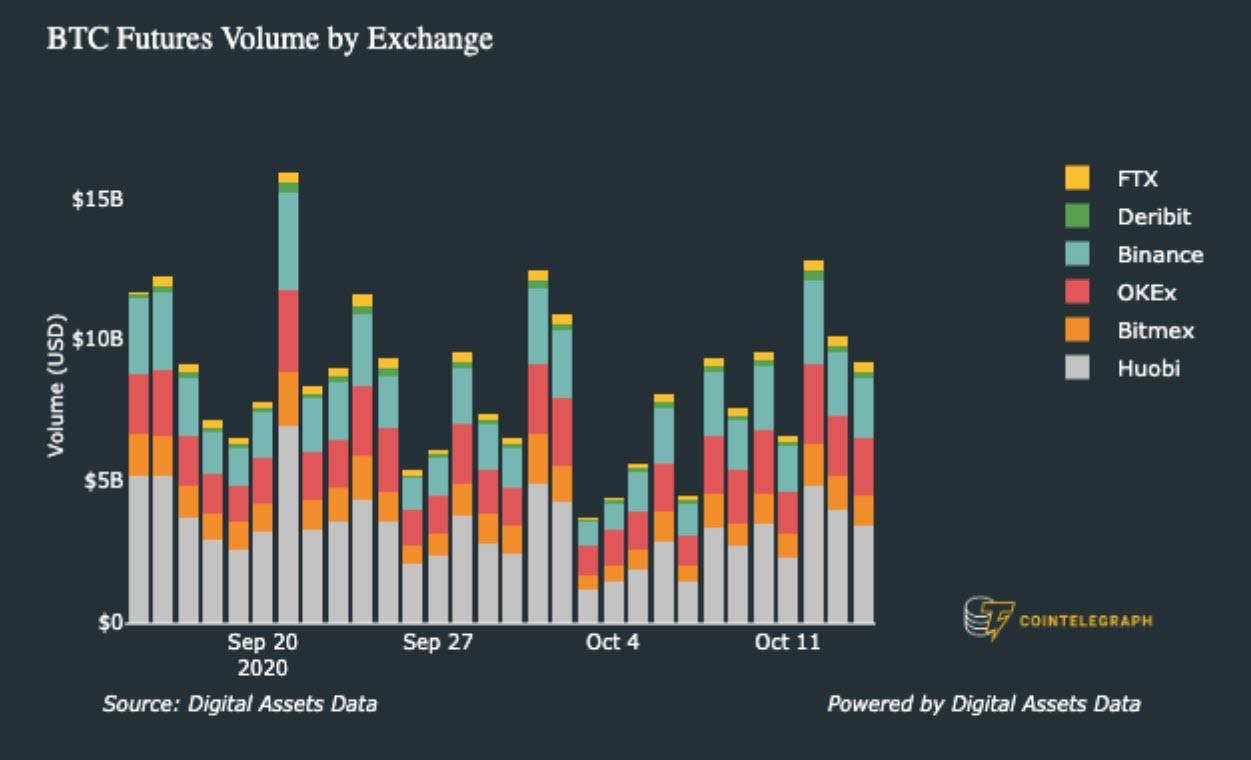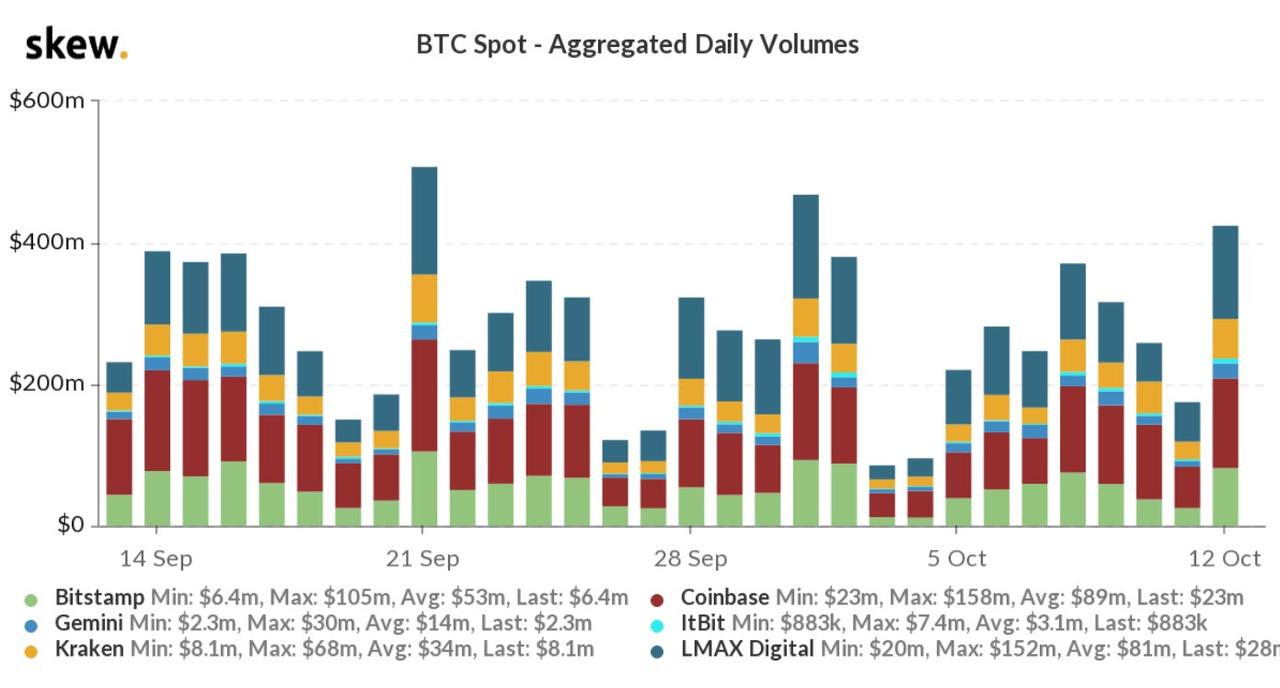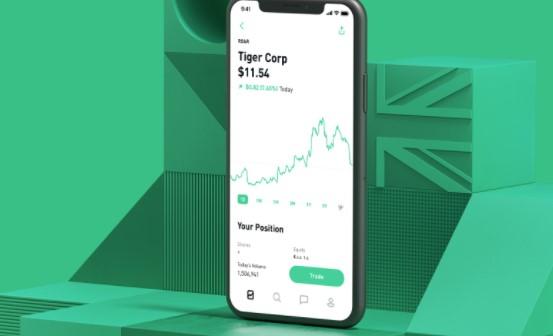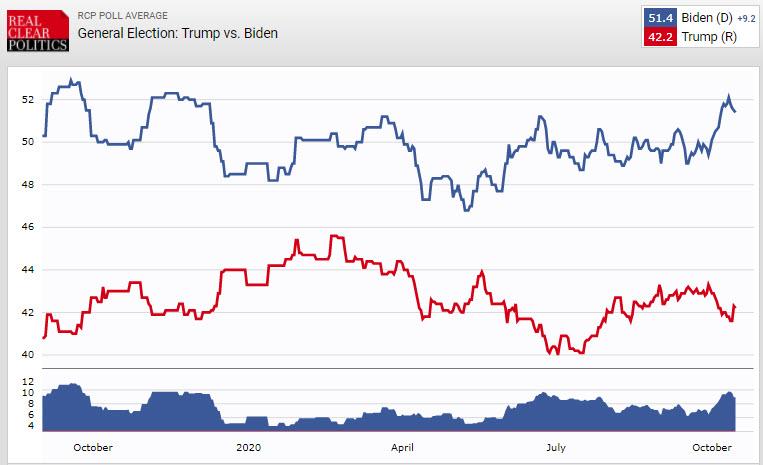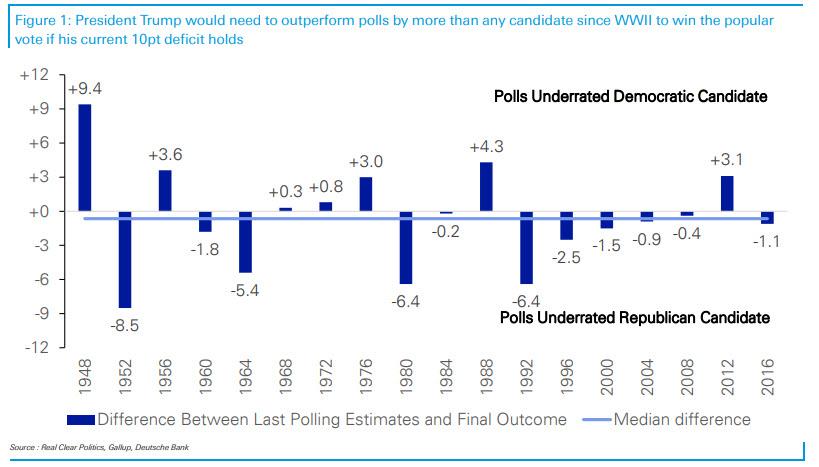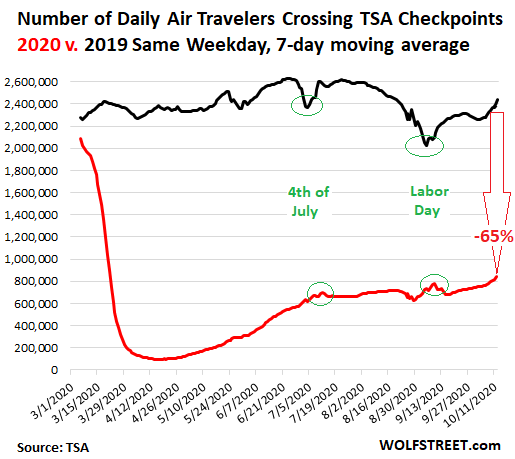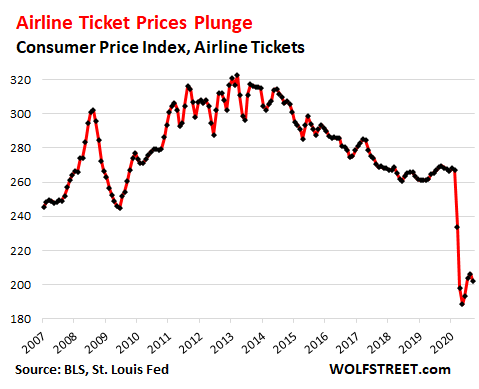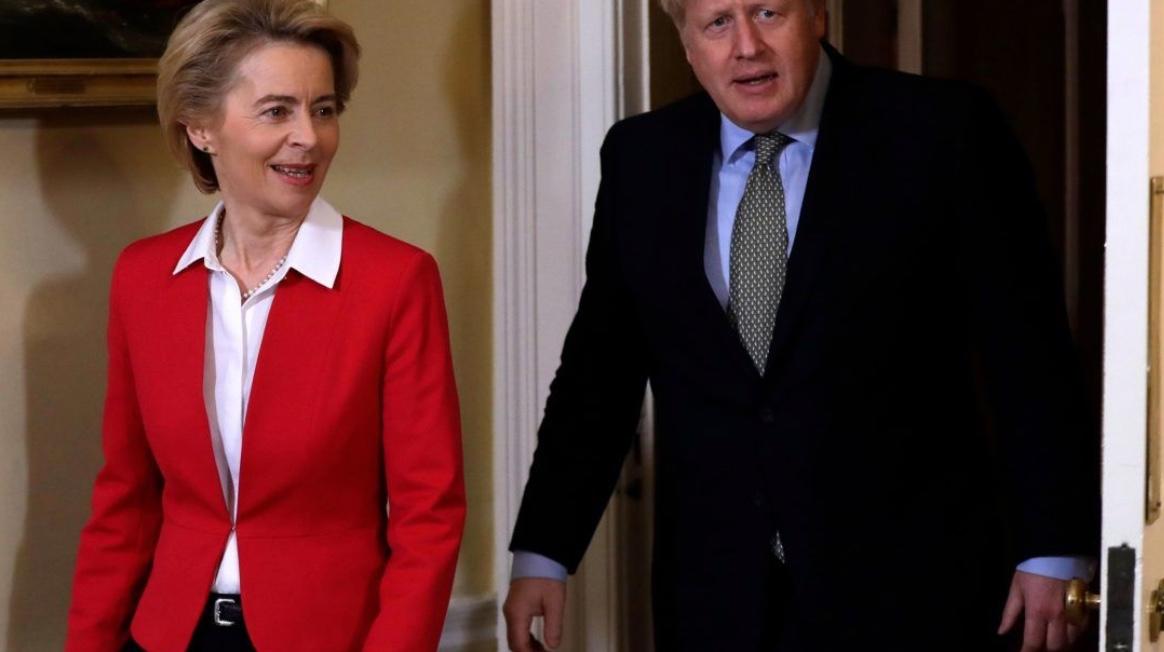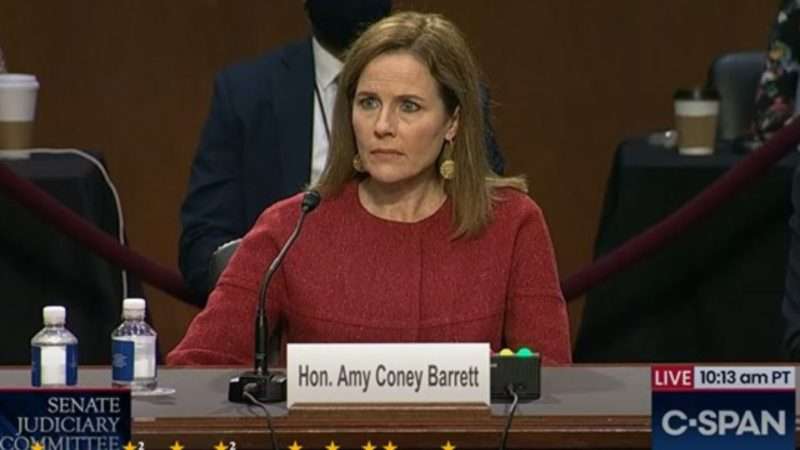During its last session, the Supreme Court passed up a bunch of opportunities to revisit qualified immunity, a doctrine that shields government officials from federal civil rights claims when their alleged misconduct did not violate “clearly established” law. But critics of that doctrine, which in many cases has protected police officers from liability for outrageous abuses, still hope the justices will take up the issue at some point. While it’s not clear whether Supreme Court nominee Amy Coney Barrett is inclined to do that, her positions on qualified immunity as a judge on the U.S. Court of Appeals for the 7th Circuit suggest she takes a constrained view of the doctrine’s scope.
I have previously noted Barrett’s majority opinion in the 2019 case Rainsberger v. Benner, which demolished an Indianapolis detective’s claim that he could not be sued for lying in a probable cause affidavit that was used to charge William Rainsberger with murdering his mother. “The unlawfulness of using deliberately falsified allegations to establish probable cause could not be clearer,” she noted.
In the 2019 case Torry v. Chicago, by contrast, Barrett wrote an opinion that upheld qualified immunity for Chicago police officers who stopped “three black men in a grey sedan” while investigating a drive-by shooting half a mile from a high school in 2014. Those men—Marcus Torry, William Roberts, and Latrell Goss—had nothing to do with the shooting. They just happened to be in the neighborhood four hours later because Goss’ car had broken down. The other two men picked him up and drove him to an auto parts store, passing the high school twice.
A weird wrinkle in this case is that the officers did not remember the stop. To justify it, they relied on reports about the shooting and a video of the encounter that Torry recorded with his cellphone. Witnesses to the shooting “had described three black men in a grey car,” although “the descriptions of the car’s model varied, and none was an exact match for the car that the plaintiffs were driving.” The video “depicted Sergeant Robert King, the officer who initiated the stop, citing the plaintiffs’ suspicious behavior in the area of the shooting as the reason that he had pulled them over.”
The video shows that King explicitly described the incident as “a Terry stop,” referring to the 1968 Supreme Court decision in Terry v. Ohio, which said the Fourth Amendment allows police to detain and question people based on “reasonable suspicion” of criminal activity. The Court also said police in those circumstances are allowed to pat people down for weapons, as the officers did in this case, if they reasonably suspect they are armed.
Barrett concluded that the officers were entitled to qualified immunity because it was not clearly established that their actions ran afoul of Terry. And although she did not officially address the question, she strongly suggested that the stop was justified by reasonable suspicion, because the plaintiffs and their car broadly resembled the witness descriptions and because the men were in the vicinity of the shooting several hours after it happened.
Barrett rejected the plaintiffs’ argument that “the defendants’ failure of memory is a concession of liability,” saying reasonable suspicion can be established based on other evidence. But since the “suspicious behavior” that King observed consisted of driving by the high school twice, her conclusion suggests that police would have been justified—or at least could have reasonably thought they were justified—in stopping any three black men in a gray vehicle who happened to be in the neighborhood around the same time. Barrett noted that reasonable suspicion is “a lower standard than probable cause,” which is itself a pretty low bar.
In two other 7th Circuit cases, Barrett voted to reject qualified immunity for correctional officers accused of constitutional violations.
Howard v. Koeller, decided in 2018, involved a Wisconsin correctional officer, Lynn Koeller, who was accused of falsely identifying a prisoner, Joshua Howard, as a snitch in retaliation for the assistance he had given fellow inmates who were pursuing legal claims of mistreatment. Barrett joined an opinion reversing a magistrate judge’s ruling that Koeller was entitled to qualified immunity. The three-judge panel said “a reasonable jury could find” that Koeller’s alleged actions amounted to unconstitutional retaliation for Howard’s legal assistance, which was protected by the First Amendment.
Notably, the opinion joined by Barrett rejected Koeller’s argument that “there are no analogous cases that would give [her] notice ‘beyond debate’ that the First Amendment prohibits [her] from reporting that an inmate provided the name of another inmate within a conduct report.” That gloss, the court noted, “is not an accurate characterization of what Howard alleges.” Rather, “Howard alleges that Koeller made deliberate misrepresentations in disciplinary reports with the intent to trigger a punitive response from other inmates.” Since “Koeller does not argue that a reasonable prison official would be unaware that this deliberate misconduct violated Howard’s constitutional rights,” the panel said, “qualified immunity does not protect her.”
Federal courts often construe qualified immunity so broadly that it bars claims when plaintiffs cannot identify relevant precedents with nearly identical facts. But in this case, the 7th Circuit said the clearly established principle that forbids retaliation for activity protected by the First Amendment was enough to keep Howard’s claim alive, even if there was no prior case in which that principle was violated in exactly the same way.
In the 2018 case Broadfield v. McGrath, a 7th Circuit panel upheld a judge’s denial of qualified immunity to Illinois jail guards accused of using excessive force against a pretrial detainee, Brian Broadfield, who “flipped out” when he was reassigned to a different housing unit. The question, according to the opinion joined by Barrett, “is not whether the law forbids the use of excessive force, but whether the law clearly established as excessive force the pressing of a non‐resisting detainee’s neck against the concrete in a manner that prevented him from breathing, carrying him hog‐tied to his cell, and severely twisting his wrist in the process.” In resolving that question, the judges said, “we do not require a case be directly on point, but existing precedent must be sufficiently analogous to place the officers on notice that their conduct was unlawful.”
By that standard, the 7th Circuit concluded, the facts alleged by Broadfield would be sufficient to establish that the force used against him was excessive. “The Supreme Court has held that a pretrial detainee can succeed on an excessive force claim by showing only that the force used against him was objectively unreasonable,” the judges noted. “Our precedent makes clear that the actions of [the correctional officers] were objectively unreasonable if Broadfield was not resisting.”
The conclusions that Barrett reached in these cases could be viewed as evidence that qualified immunity is working just fine, since it did not bar Rainsberger, Howard, or Broadfield from pursuing their claims. While Torry et al. did not fare as well, the result in that case hinged on exactly how weak a standard “reasonable suspicion” is.
Federal courts in other cases, however, have granted qualified immunity to police officers accused of shocking behavior, including grand theft, shooting children, tasing a driver who was stopped for failing to buckle his seat belt, suffocating a nonviolent man in the name of helping him, siccing a dog on a surrendering suspect, ordering a 17-year-old boy to disrobe and masturbate so his erect penis could be photographed, seriously injuring a woman who was not even a suspect because she disregarded a command to “get back here,” and wrecking a woman’s home with tear gas grenades after she gave cops permission to “get inside” so they could arrest her former boyfriend. Cases like these suggest that something has gone seriously wrong with a doctrine that was supposed to protect cops who could not have been reasonably expected to know they were doing anything unlawful.

from Latest – Reason.com https://ift.tt/355HBcR
via IFTTT
